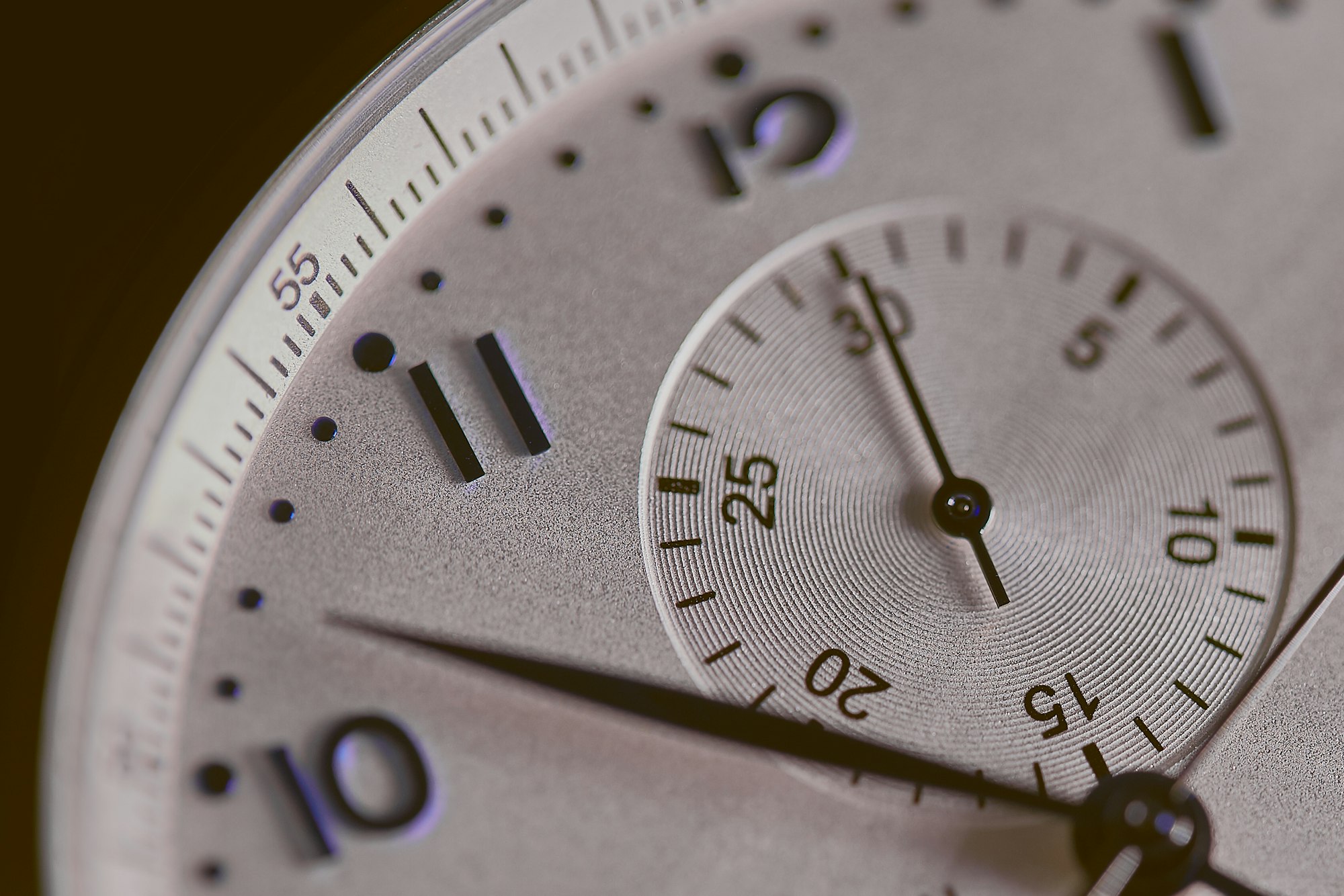When Should/Should't You Use a VPN?

The internet can be a wild and wonderful place, but it's not without its dangers. From hackers lurking on public Wi-Fi networks to government surveillance and internet censorship, it's no wonder that many people turn to virtual private networks (VPNs) as a way to protect their privacy and security online. But with so much conflicting information out there, it can be tough to know when to use a VPN and when to go without. Fear not, my friend! In this post, we're going to dive into the world of VPNs and explore the pros and cons of using them, so you can make an informed decision about how to stay safe and secure online. Let's get started!
Key Points
Use a VPN when accessing public Wi-Fi or handling sensitive information, such as in banking, law, or medicine. It can help secure your data and prevent unauthorized access.
Avoid using a VPN when making online purchases or using online banking, as many financial institutions have security protocols that may flag a VPN connection as suspicious.
Consider your specific situation and needs when deciding whether or not to use a VPN. If you're already using a private, secure network or need your real location for streaming or gaming, a VPN may not be necessary or advisable.
Public Wi-Fi networks are a hacker's paradise
Picture this: you're sitting in a coffee shop, sipping on your latte, and checking your bank account balance. Seems harmless enough, right? Wrong! Public Wi-Fi networks are a hacker's paradise, and your personal information could be at risk. That's when a VPN comes in handy. It encrypts your internet traffic and makes it nearly impossible for anyone to intercept or spy on your online activities. Pretty cool, huh?
Sensitive information needs extra protection
If you work in a profession that requires handling sensitive information, such as banking, law, or medicine, a VPN can help you secure your data and prevent unauthorized access. And if you're traveling abroad, a VPN can help you bypass strict internet censorship laws and access your favorite websites and apps securely. Oh, and let's not forget about all you movie and TV show fans out there. If you're into torrenting or streaming content, a VPN can help you avoid legal trouble or ISP throttling, and protect your online privacy. Sweet!
When you shouldn't use a VPN
VPNs can hinder online purchases and banking. If you're making an online purchase or using online banking, using a VPN can actually hinder your security. Wait, what? Yes, you read that right. Many financial institutions have sophisticated security protocols that may flag a VPN connection as suspicious and lock you out of your account. Yikes!
Location matters for streaming and gaming, and if you're using services that require your real location, such as streaming services or online games, using a VPN can interfere with this and may cause you to lose access to your favorite content or games.
VPNs can slow down your private network. If you're already using a private, secure network, such as your home Wi-Fi or a work network, there may be no need to use a VPN. In fact, using a VPN in this situation may slow down your connection and cause unnecessary complexity.
A VPN can be a superhero when it comes to protecting your privacy and security, but it's not always necessary or advisable. So, the next time you're deciding whether or not to use a VPN, remember to consider your specific situation and needs. And always use caution and common sense when navigating the internet. Now go forth and conquer the internet, my friend!
